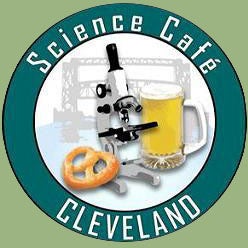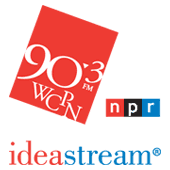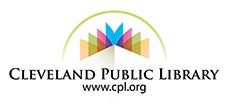Science Café Cleveland presents
Using Artificial Platelet Nanotechnology to Better Regulate Blood Clotting
MARCH 12, 2018
FEATURING:
Anirban Sen Gupta, PhD
Department of Biomedical Engineering, Case Western Reserve University
EVENT INFORMATION:
Have you ever got a paper-cut or shaving nick? Hopefully it stopped bleeding soon enough! Ever got a heart attack from a clogged artery? Hopefully not! In both of those scenarios, there is a tiny blood cell called a ‘platelet’ that plays a key role in regulating the blood clotting process. In one case the clot is helpful in stopping bleeding (a process called ‘hemostasis’) while in the other the clot is harmful because it blocks blood flow in an artery or a vein (a condition known as ‘thrombosis’).
The billions of platelets coursing through our blood, each with a diameter 50 times smaller than that of a hair follicle, are essentially border patrol agents that maintain surveillance near the blood vessel wall to make sure there are no leaks (i.e. bleeding). In the event of wall damage, these tiny cells rush to the site of bleeding and stick themselves onto the leaking point to seal it, through a complex cascade of molecular mechanisms.
People born with defective platelet number or function, people whose platelet number or function are affected by some disease (such as cancer), and people who lose platelets very quickly due to heavy bleeding (due to accidents, military injuries, etc.), all have one thing in common ---- they cannot form the sealing clots effectively and run the risk of bleeding out and organ damage. On the other hand, if the clot keeps forming uncontrollably, then it can block not only bleeding out but can also form a blockage within the blood vessel that can lead to dangerous incidents like heart attacks and strokes.
At this Science Café Dr. Anirban Sen Gupta will describe what we have learned about the platelets' complex art of regulating blood clot formation and how his research team is using this knowledge to form artificial platelet nanotechnology that can be used to make or break clots in various clinical scenarios and thus have the potential to help patients in critical situations. Funding support for his research comes from the National Institutes of Health, Case Coulter Translational Partnership, Ohio Third Frontier program and the Department of Defense.
LINKS OF INTEREST:
Intravenous synthetic platelet (SynthoPlate) nanoconstructs reduce bleeding and improve "golden hour" survival in a porcine model of traumatic arterial hemorrhage. nature.com | Scientific Reports 8, Article number: 3118 (2018)
CLEVELAND PUBLIC LIBRARY BOOK PICKS:
If the discussion topic for this month's Science Cafe has the gears turning and you are interested in continuing your quest for information, click here to view just a small sample of what's available at the Cleveland Public Library on the subject and/or related topics.
EVENT DETAILS:
WHERE:
The Music Box Supper Club - Concert Hall
1148 Main Avenue
Cleveland, Ohio 44113
WHEN:
March 12, 2018
Doors will be open 5:30 - 9:00 PM (Last call at 8:45PM). Presentation and discussion is 7:00 - 8:00 PM. The Concert Hall will also host a limited menu before and during the event. Not to mention a full bar! (Click here to view menu). Come early, get a good seat, grab a bite and a beverage and enjoy the discussion!
WHO:
Sponsored by Case Western Reserve University chapter of Sigma Xi, WCPN ideastream, and the Music Box Supper Club.
Event flyer coming soon- (.pdf)






